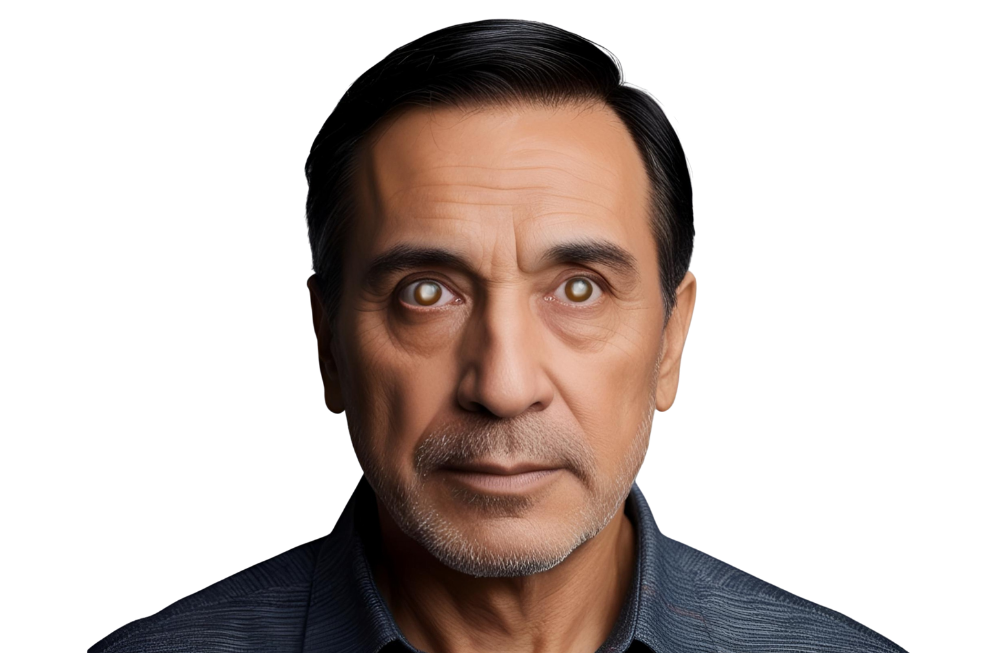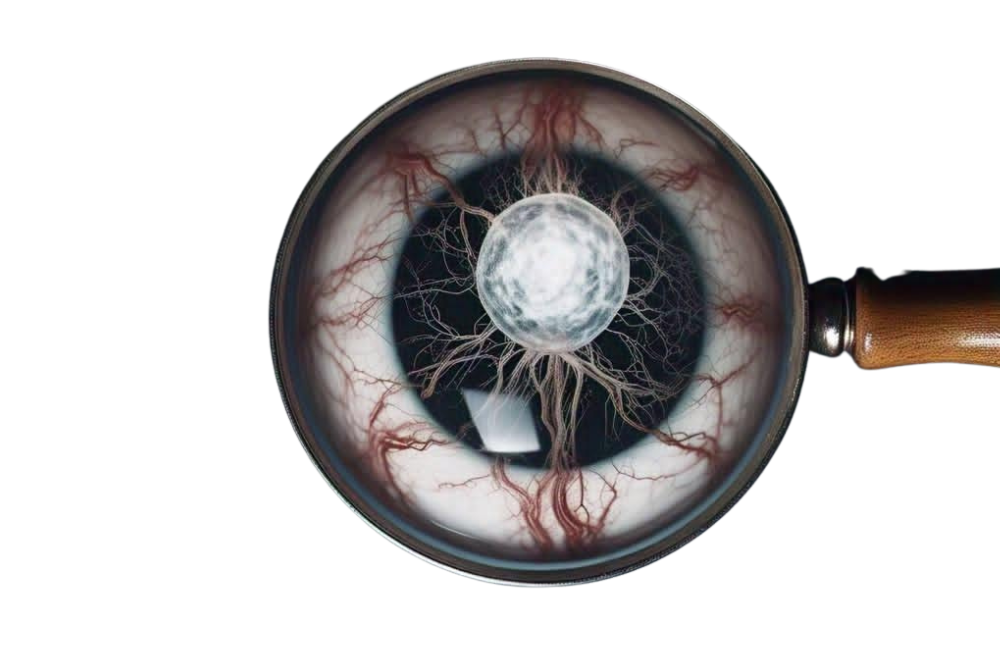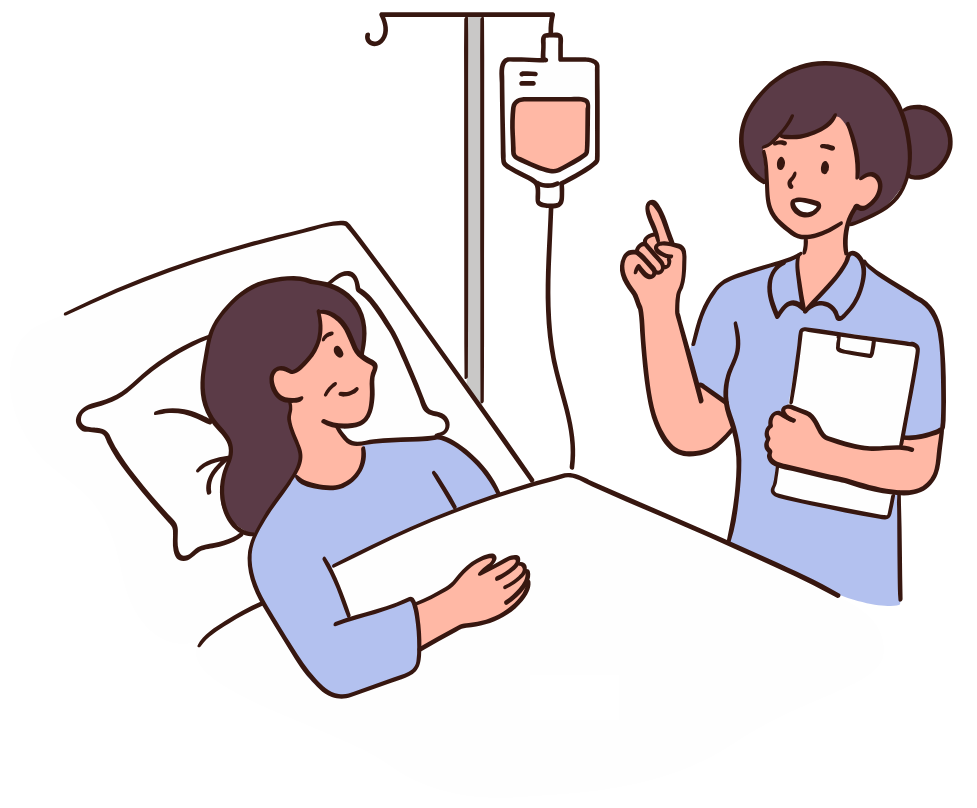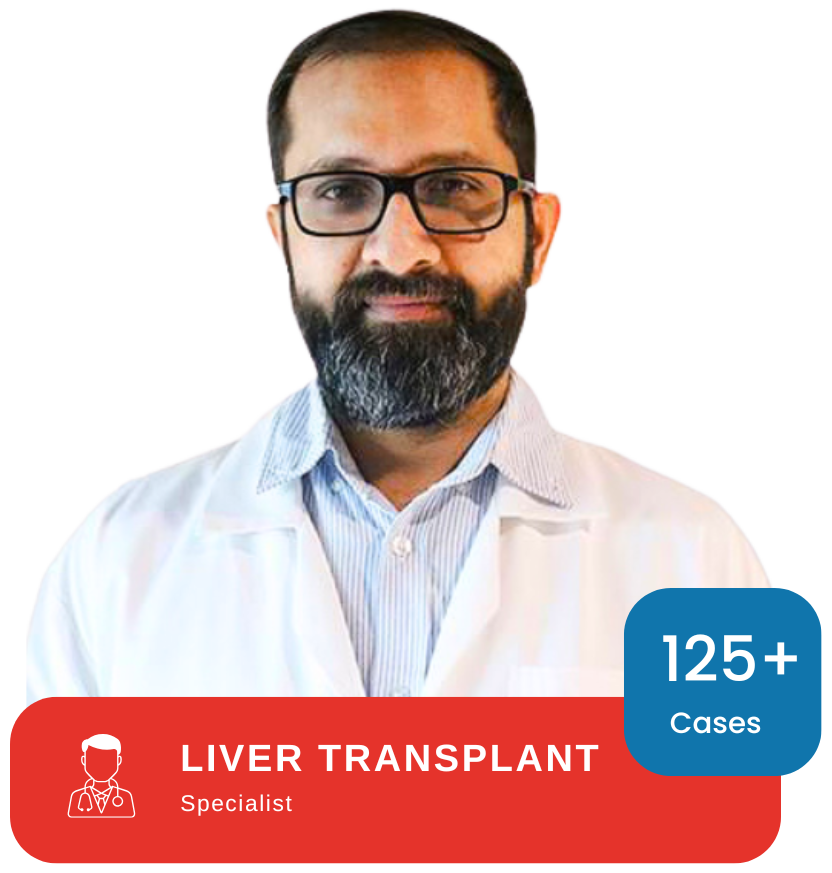Cataract Surgery for Better Vision
- Reduction in Medication Dosage
- Relief in Daily Activites
- Improved Quality of Life

Book an
Appointment

Dr Mansi Shah
Consultant Neurologist, Parkinson’s Disease and Movement Disorders Specialist
Experience
12 Years
99%
Positives Reviews
Why Choose
Cataract Surgery?
Cataract surgery is effective for those experiencing blurred vision, glare issues, and difficulty in daily tasks.

Who is it for?
- People with Cataracts
- Blurry or Cloudy Vision
- Light & Glare Sensitivity
- Difficulty in Daily Activities

Risks of
Not Opting For Surgery?
- Poor Vision Quality
- Increased Risk of Falls
- Difficulty in Routine Tasks

Book an
Appointment
A liver transplant is a surgical procedure which is performed in patients with liver failure to replace their diseased liver with a healthy liver.Liver transplant is a treatment option for patients with liver failure whose condition can’t be managed medically and for some patients with liver cancer.

Cashless
Facilities
Get treated with our cashless facilities, making it easy to avail your mediclaim and insurance benefits. Wockhardt Hospitals, Mira Road, is partnered with 40+ insurance companies for seamless healthcare access.

Cashless Facilities
Get treated with our cashless facilities, making it easy to avail your mediclaim and insurance benefits. Wockhardt Hospitals, Mira Road, is partnered with 40+ insurance companies for seamless healthcare access.

A liver transplant is a surgical procedure which is performed in patients with liver failure to replace their diseased liver with a healthy liver.

- Alcoholic liver disease
- Chronic Hepatitis B or Chronic Hepatitis C
- Nonalcoholic fatty liver disease (NAFLD)


Why Choose Us?
What is a living-donor transplant?
Living-donor transplantation is surgery in which a portion of a donor’s healthy liver is removed and then transplanted into a patient with end-stage liver disease. During the transplant, either the right lobe or the left lobe of the donor’s liver is removed from the donor and implanted in the recipient.
Regeneration
This procedure is made possible by the liver’s unique ability to regenerate. After transplantation, the partial livers of both the donor and recipient will grow and remodel to form complete organs.
Evaluation
The donor is carefully evaluated by the transplant team to ensure the donation would harm neither donor nor recipient.
A liver transplant is a surgical procedure which is performed in patients with liver failure to replace their diseased liver with a healthy liver.

Frequently Asked
Questions (FAQs)
Q. What is a Cataract?
A cataract, also called Motiyabind, occurs when the eye’s natural lens becomes cloudy, leading to blurred or impaired vision.
Q. Can Cataracts Develop in Both Eyes?
Yes, cataracts can form in both eyes. However, one eye may be affected earlier or more severely than the other.
Q. When is the Right Time to Get Cataract Surgery?
It’s best to consult an ophthalmologist as soon as you notice vision disturbances. Early treatment helps prevent difficulties in daily tasks like reading or driving. Delaying surgery may lead to irreversible vision impairment.
Q. How to Select the Best Lens for Cataract Surgery?
The ideal lens depends on your lifestyle, visual expectations, and daily needs. Your eye surgeon will help you choose the best option for clear vision post-surgery.
Q. Is Cataract Surgery Covered by Insurance?
Yes, most health insurance plans cover cataract surgery. Our team assists with the necessary paperwork to ensure a seamless cashless treatment process with no hidden costs.
Q. How Much Does Cataract Surgery Cost?
The cost varies based on:
● The type of hospital and medical facility chosen
● The severity and stage of the cataract
● The surgical technique and type of lens used
● The patient’s overall health and age-related conditions